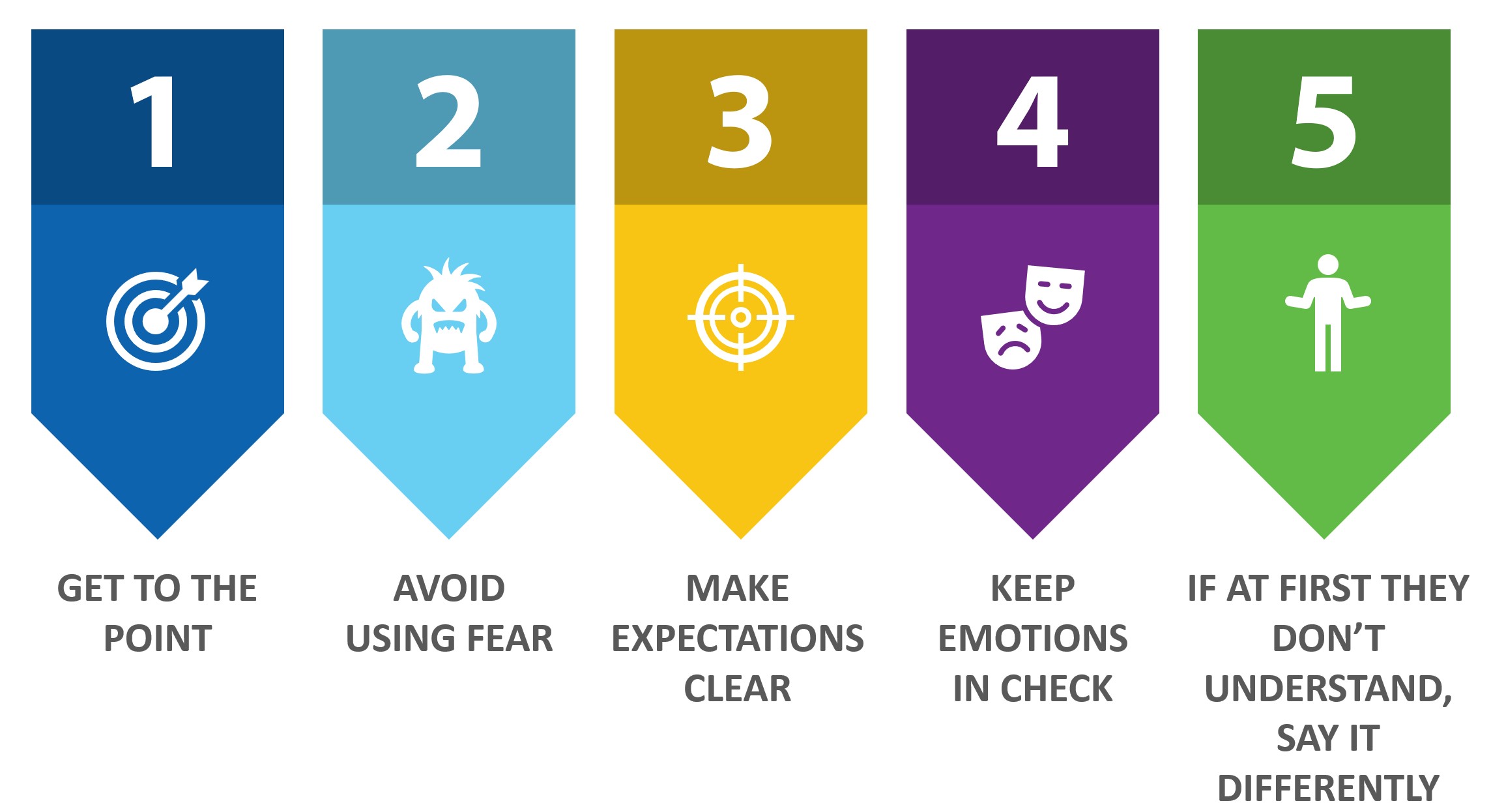Quality Verbal Communications

Soft skills are important skills that improve our ability to work with others. Soft skills are important skills that improve our ability to work with others, and good soft skills help us build and maintain relationships at work and in our personal lives.
Verbal communication is a critical soft skill. It includes one-on-one discussions, small groups, and even conference rooms full of people. You may be in person or remote by phone or a web meeting (with or without the benefit of video). Below are five tips you can apply to improve the Quality of your verbal communication in any situation.
- Get to the point: Don't have unnecessarily long introductions of what you want to say. Get to the point as quickly as possible.
- Avoid using fear: Do not create a sense of fear or repercussion to deliver your message. Explain the positives such as “I’m asking you to do this because it will help the entire team succeed” vs. using fear like “If you don’t do this, it will reflect poorly on you during your next review.”
- Make expectations clear: Ask the person or audience if they understand. Have them repeat the key parts back to you to ensure understanding.
- Keep emotions in check: Be aware of your and the audience’s emotions – not just at the beginning and end, but if it’s a longer discussion, emotions can ebb and flow throughout. People tend to remember the first thing and last thing that you say more than what was in between; this is known as the primacy and recency effect.
- If at first they don’t understand, say it differently: Saying the same thing the same way won’t improve understanding. Find a way to connect your message to your audience.